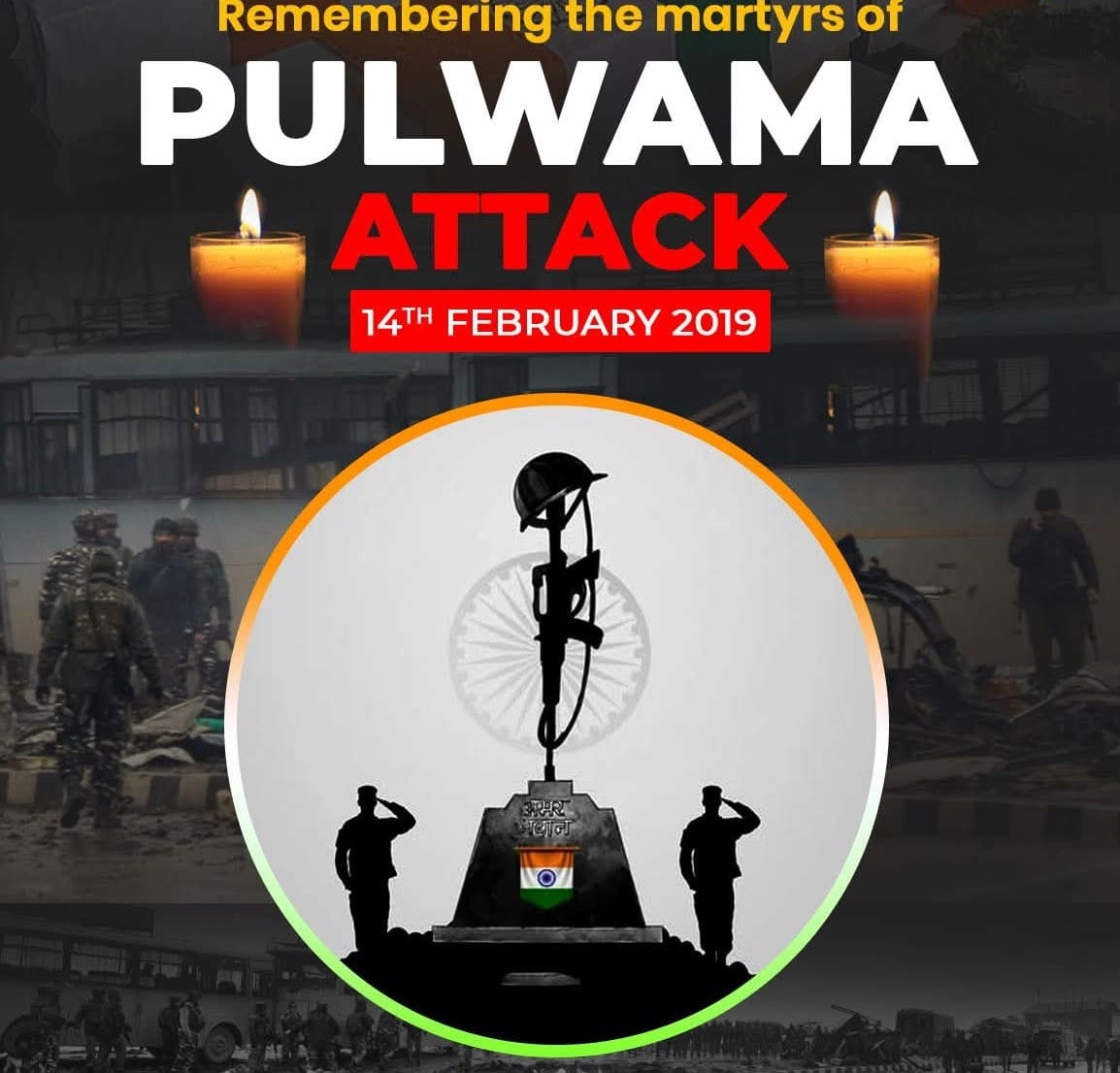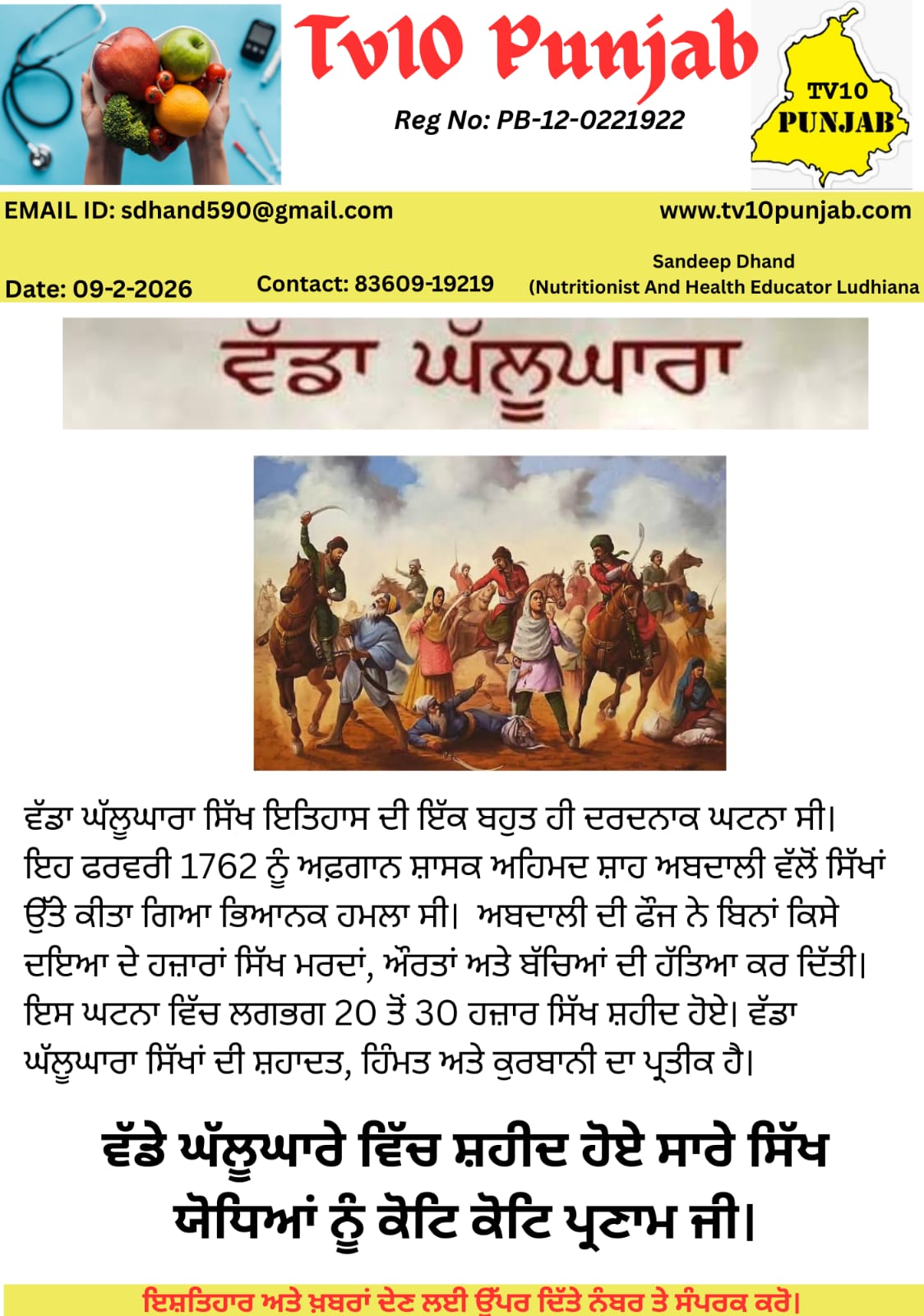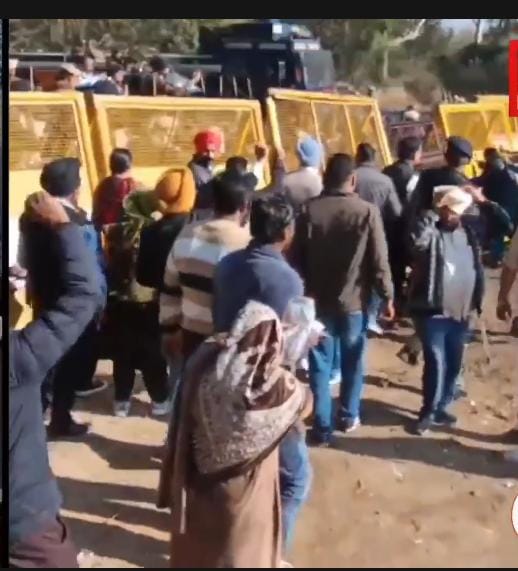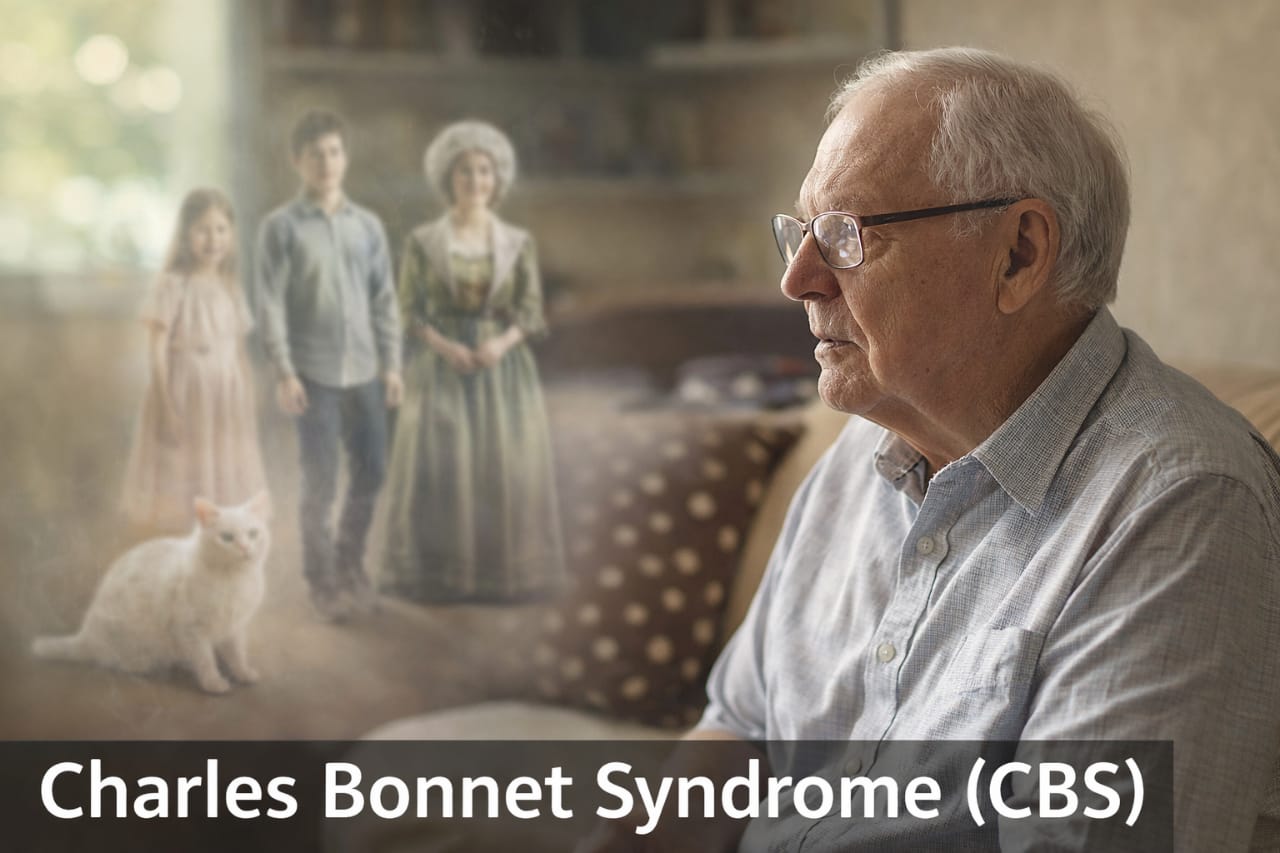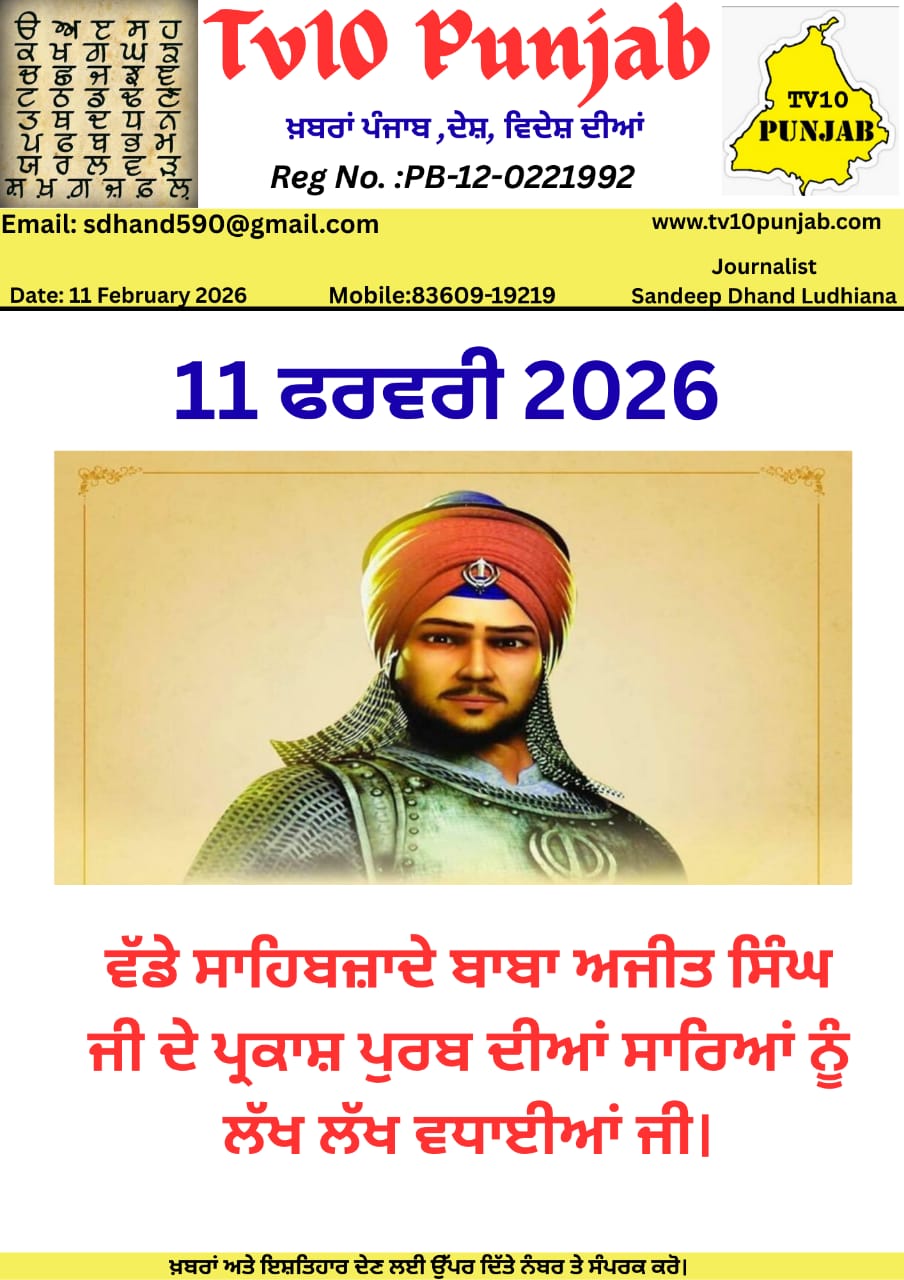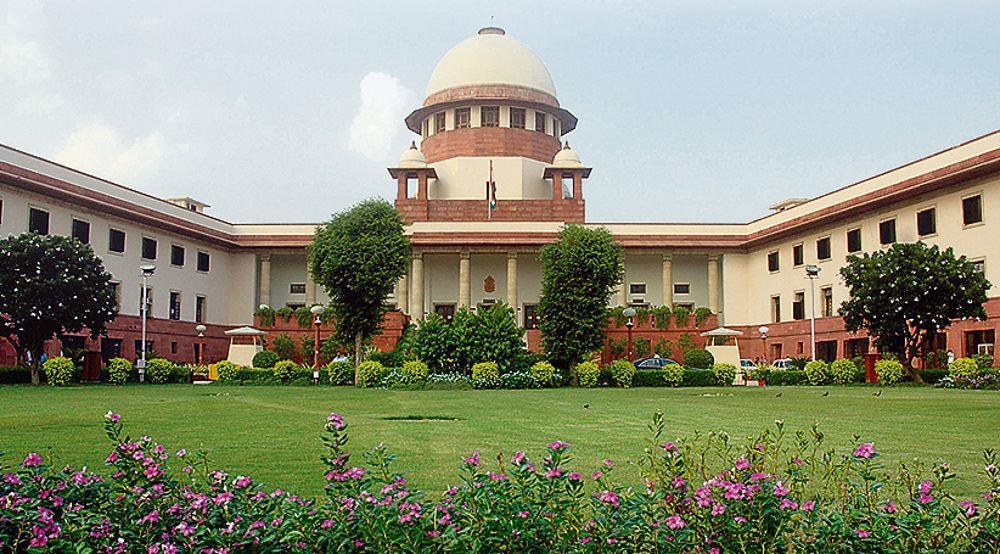
Satya Prakash
New Delhi, January 3
No additional restrictions, other than those permissible under Article 19(2) of the Constitution, can be imposed on the right to freedom of speech and expression of citizens, the Supreme Court ruled on Tuesday.
A five-judge Constitution Bench was deciding if greater restrictions could be imposed on the right to free speech of ministers, MPs, MLAs and other persons holding high offices who often made statements that tended to violate fundamental rights of citizens.
By a majority of 4:1, a five-judge Constitution Bench led by Justice S Abdul Nazeer said the grounds for imposing restrictions on free speech mentioned in Article 19(2) are exhaustive and hence, no restrictions can be imposed on citizens’ free speech on any additional grounds.
Statements made by a minister, even if traceable to affairs of state or protecting the government, can’t be attributed vicariously to the government by applying the principle of collective responsibility, said the majority verdict by Justice Nazeer, Justice BR Gavai, Justice AS Bopanna and Justice V Ramasubramanian.
Pronouncing the verdict for the majority, Justice Ramasubramanian said a minister’s statement can’t be vicariously attributed to the government and the minister himself would be liable for such statements.
“A mere statement made by a minister is not actionable,” Justice Ramasubramanian said. He, however, said if the rights of citizens were affected by such a statement, it would be actionable.
Noting that fundamental rights can be claimed against entities other than the state, the majority said the state is duty-bound to protect the right to life and personal liberty of persons even if it was under threat from non-state actors.
Justice BV Nagarathna, who on Monday delivered a dissenting verdict on demonetisation, again differed with her brother judges on several issues.
While agreeing with the majority that greater restriction can’t be imposed on free speech, in addition to the grounds mentioned in Article 19(2), Justice Nagarathna said in case a minister makes disparaging statements in his “official capacity”, then such statements can be vicariously attributed to the government.
However, she said if a stray remark made by the minister was not consistent with the stand of the government, it would be treated as his personal remark.
She ruled that rights under Article 19(1)(a) and Article 21 (right to freedom of speech and expression; and right to life and personal liberty) can’t be claimed before constitutional courts against private persons and non-state actors, except in habeas corpus cases.
The matter reached the top court following a controversial statement made by the then Uttar Pradesh minister Azam Khan terming the alleged gang-rape of a woman and her daughter in 2016 near Bulandshahr a political conspiracy after the case was sought to be transferred to Delhi.
